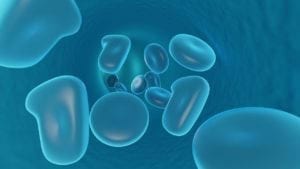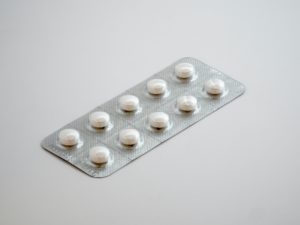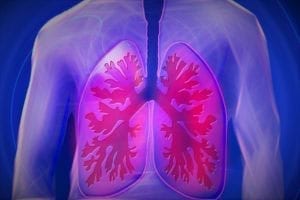Granulomatosis with Polyangiitis (GPA)
What is granulomatosis with polyangiitis (GPA)?
Granulomatosis with polyangiitis (GPA), formerly known as Wegener’s granulomatosis, is a rare blood vessel disease that is potentially serious when not promptly diagnosed. GPA is characterized by the abnormal inflammation of the small and medium-sized blood vessels throughout the body, which does not allow blood to flow properly and prevents cells from getting the oxygen that they need.
What causes granulomatosis with polyangiitis (GPA)?
GPA is caused by tissue injury when cells do not get the oxygen they need due to blood vessel inflammation. However, the exact cause of this inflammation is still largely unknown, though some speculate that it may develop after an infection or other inflammation-causing trigger.
What are the symptoms of granulomatosis with polyangiitis (GPA)?
Most commonly, GPA affects the sinuses, lungs, and kidneys, but can also affect the eyes, ears, skin, nerves, and joints. Symptoms of GPA can develop over days to months, usually beginning in the respiratory tract. These early symptoms include:
- Nasal congestion
- Frequent nosebleeds
- Shortness of breath
- Bloody cough
In addition, other early symptoms can include joint pain, decreased hearing, skin rashes, fatigue, fever, night sweats, and numbness.
More seriously, ongoing inflammation in the blood vessels or organs can cause organ failure.
How is granulomatosis with polyangiitis (GPA) diagnosed?
There is not one set test for diagnosing GPA, so a physical examination and laboratory and imaging testing all play a role in the diagnosis.
Besides an MRI, urine tests, and CT scan, a doctor may order an antibody test called ANCA to check for this associated antibody in the bloodstream. If the results from this test come back positive, a tissue biopsy will be needed to confirm a diagnosis.
What are the available treatments for granulomatosis with polyangiitis (GPA)?
Treatment options for GPA are dependent on the organs affected, the severity of the disease, and other individual medical factors. If the GPA case is more severe, glucocorticoids like prednisone are combined with a chemotherapy type of medicine or Rituxan injections that prevent the blood vessel and organ inflammation.
Plasma exchange or a kidney transplant can also be used in the most severe of cases.
Without treatment, GPA can worsen rapidly, but with an early diagnosis and treatment, patients with GPA may obtain full recovery.
Where can I find more information on granulomatosis with polyangiitis (GPA)?
Granulomatosis with Polyangiitis (GPA) Articles

Granulomatosis with Polyangiitis: Removal of Wisdom Teeth Eventually Led to a Lung Transplant for this Teen

Damage from Cocaine Abuse can be Misdiagnosed as Granulomatosis with Polyangiitis


Self-Advocacy and Attitude: How Anna Survives (and Thrives) in Her Life with Wegener’s Granulomatosis (Pt. 2)

Self-Advocacy and Attitude: How Anna Survives (and Thrives) in Her Life with Granulomatosis (Pt. 1)

Azathioprine: Specific Genotype Linked to Treatment Discontinuation Due to Toxicity

Study Shows GPA and Tuberculosis Might Have Similar Features







